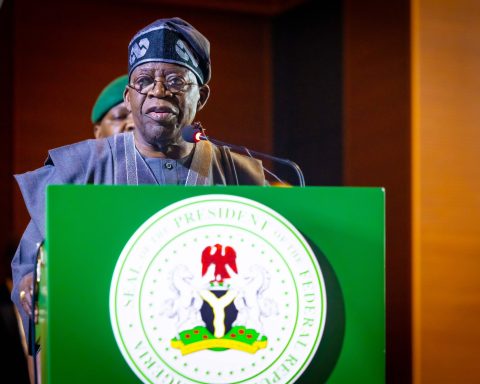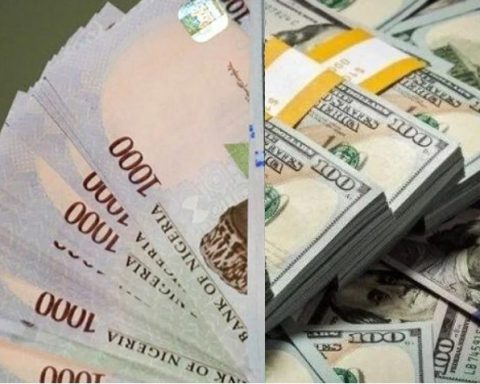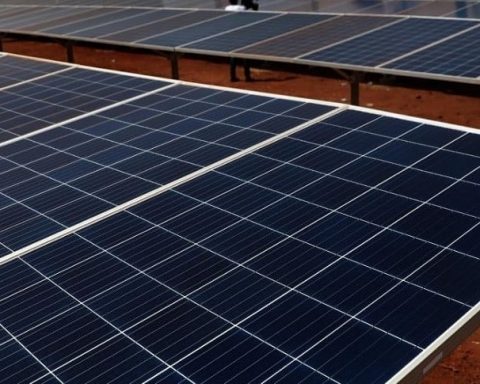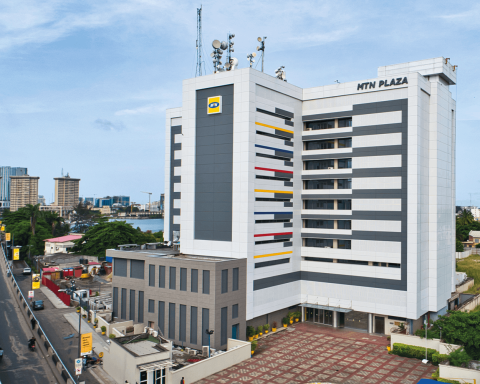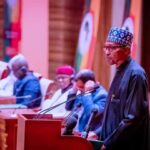The Nigerian National Petroleum Company Limited (NNPCL) has ended the crude oil swap deal and adopted cash tenders for fuel procurement.
The move, as reported by Reuters, signifies a departure from a decade-old practice aimed at eliminating costly fuel subsidies and bolstering the financial stability of Africa’s largest oil-exporting nation.
Join our WhatsApp ChannelIn the tender for gasoline procurement set for delivery in November, NNPC made a transition from the long-standing oil swap arrangement. Additionally, it has been confirmed by two reliable sources that NNPCL is committed to settling the remaining debts associated with these oil swaps by the end of the coming month.
READ ALSO: NNPCL’s Bizarre Crude Oil Importation
Historically, the oil swaps were established through collaborations with various consortia, featuring foreign oil traders like Vitol, TotalEnergies, and Mercuria, along with local companies such as Sahara.
Despite the reforms initiated by President Tinubu, NNPC still remains the sole importer of fuel. This is primarily due to the persistent foreign exchange shortages and a price cap that renders fuel importation by private entities economically unviable.
Tinubu’s decision to remove fuel subsidies in May resulted in a nearly threefold increase in petrol prices, prompting significant changes in the dynamics of the fuel market.
One notable effect was a reduction in cross-border smuggling, which had been bleeding the nation of millions of liters of fuel daily. Neighboring countries with higher pump prices had been beneficiaries of this illegal trade.
A central objective of the Tinubu administration is to align the official naira exchange rate more closely with the parallel market rate.
However, challenges persist, as the black-market exchange rate plummeted to a record low of over 1,000 naira per dollar last month.
NNPCL’s transition from oil swaps to cash tenders symbolizes a turning point in Nigeria’s energy landscape. It reflects the government’s commitment to economic stability, subsidy elimination, and a more transparent fuel procurement process.
The impact of these reforms, as well as their implications for the nation’s economy, remain hot topics of debate and discussion.



